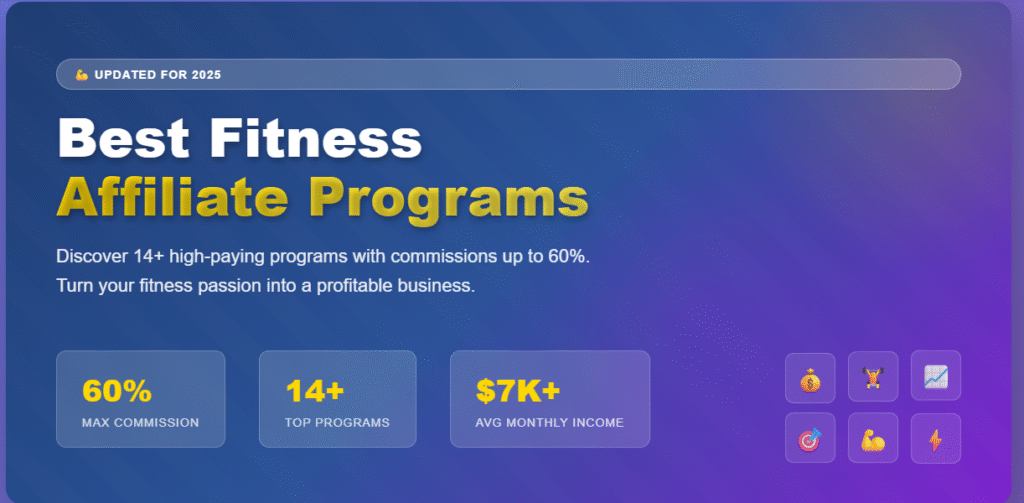Ubersuggest has been a go-to choice for marketers seeking an affordable SEO tool with solid keyword research capabilities. Created by Neil Patel, it offers question suggestions, content ideas, and competitive analysis at a price point that beats enterprise alternatives.
However, if you’re looking for more specialized features, better data sources, or tools designed specifically for modern content strategies, there are several compelling alternatives to Ubersuggest worth exploring.
What Makes a Good Ubersuggest Alternative?
Here are the key criteria we used to evaluate each option:
Question-based research capabilities should effectively surface questions and long-tail keywords that reflect actual user queries.
Data source diversity provides broader coverage beyond just Google, including other platforms and real user conversations.
Search volume and intent data helps prioritize which questions and keywords to target first.
User-friendly interface allows you to quickly navigate and extract insights without complexity.
Export and workflow capabilities let you save research and integrate findings into your content strategy.
Value for money – the tool fits within your budget while delivering meaningful insights.
Top 7 Ubersuggest Alternatives
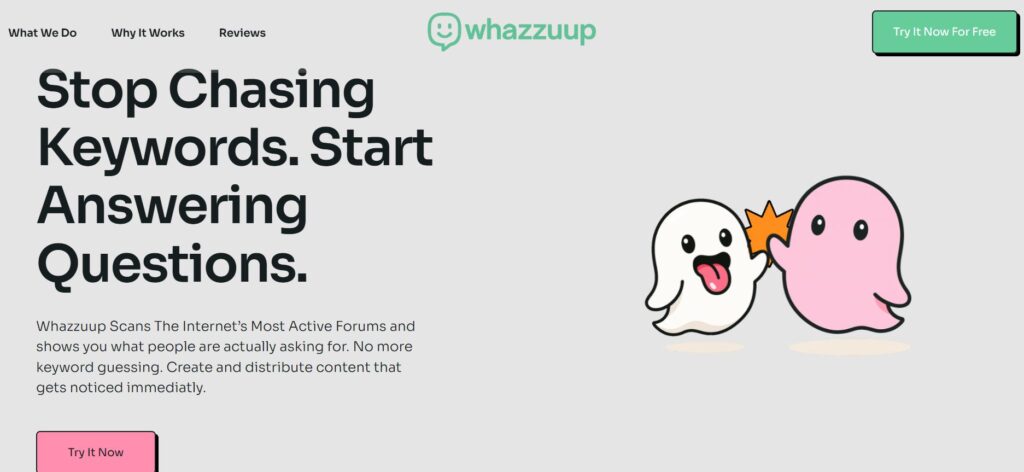
Best For: Affiliate bloggers, solo creators, and marketers who want to create and distribute question-led content without relying solely on SEO.
Whazzuup takes a fundamentally different approach to keyword research by focusing on real questions from actual users on Reddit and Quora. Unlike Ubersuggest’s reliance on Google autocomplete and PAA data, Whazzuup surfaces conversations that are already happening in online communities — making it especially powerful for bottom-of-the-funnel content and affiliate marketing.
Key Features:
- Curated questions pulled from Reddit and Quora combined with Google rank and search volume
- Intent scoring system to prioritize threads with buying signals
- “Content IQ” shows where and how to distribute your content
- Save searches and manage content creation lifecycle
- Built-in reply generator to help you respond authentically and promote your content
- No need to chase keywords — start with the questions your audience is already asking
Pricing: Whazzuup offers a free trial and then $8 per month.
Pros:
- Focused on real user intent, not just keywords
- Surfaces content distribution opportunities automatically
- Lightweight, fast, and easy to use
- Built for Reddit/Quora-driven traffic and conversions
- More affordable than Ubersuggest’s paid tiers
Cons:
- Not a full SEO suite – designed more for distribution than technical SEO
- Currently limited to Reddit and Quora (other platforms coming soon)
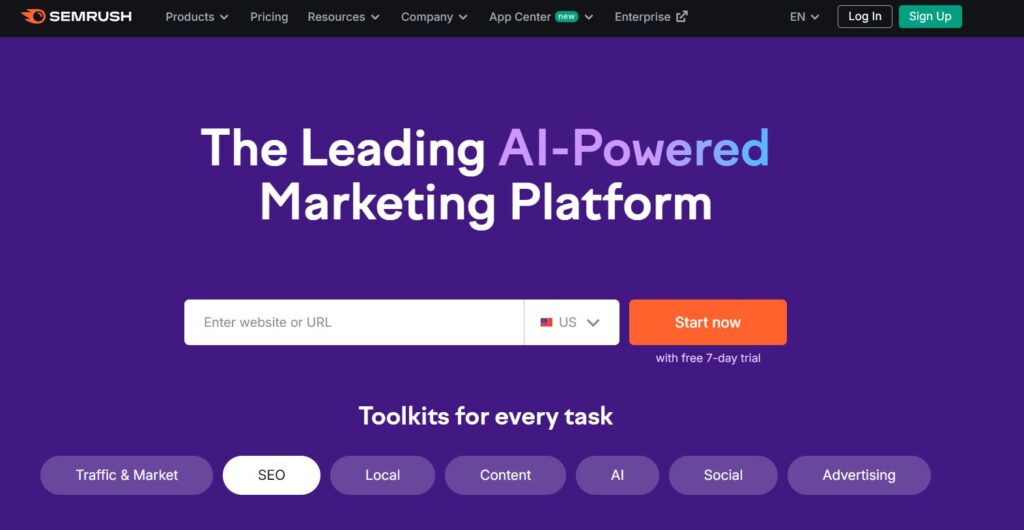
Best For: Digital marketing agencies, in-house marketing teams, and SEO professionals who need comprehensive competitive analysis.
SEMrush offers comprehensive question research through its Keyword Magic Tool and Topic Research features, going far beyond what Ubersuggest provides. It’s particularly powerful for users who need competitive intelligence alongside their question research.
Key Features:
- Keyword Magic Tool with advanced question filtering
- Topic Research tool for content ideation
- Competitor content analysis and gap identification
- Position tracking and SERP analysis
- Social media and PPC research capabilities
- Content audit and optimization suggestions
Pricing: SEMrush starts at $119.95/month for the Pro plan, with Business ($229.95/month) and Enterprise (custom pricing) options available.
Pros: Extensive database, advanced filtering options, comprehensive competitive intelligence, excellent customer support.
Cons: Significantly more expensive than Ubersuggest, steep learning curve for beginners, can be overwhelming for simple keyword research needs.
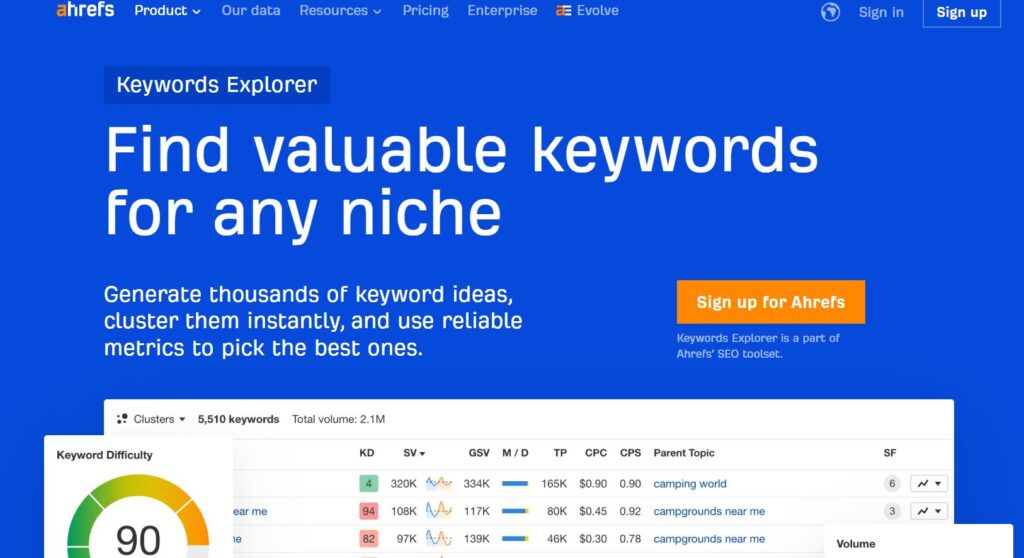
Best For: SEO professionals, agencies, and enterprises that prioritize data accuracy and comprehensive keyword research.
Ahrefs has built a reputation as one of the most comprehensive SEO toolsets available, and its Keywords Explorer includes powerful question research functionality. The platform is particularly valued for its massive keyword database and more accurate search volume estimates than Ubersuggest.
Key Features:
- Questions report showing question-based keywords
- Massive keyword database covering 170+ countries
- Advanced filtering and sorting options
- Keyword difficulty analysis with detailed explanations
- SERP overview with ranking pages analysis
- Click-through rate estimates for organic results
Pricing: Ahrefs starts at $99/month for the Lite plan, with Standard ($199/month), Advanced ($399/month), and Enterprise ($999/month) options.
Pros: Excellent data accuracy, massive keyword database, powerful filtering options, regular database updates.
Cons: Premium pricing compared to Ubersuggest, complex interface for beginners, primarily focused on SEO rather than content marketing.
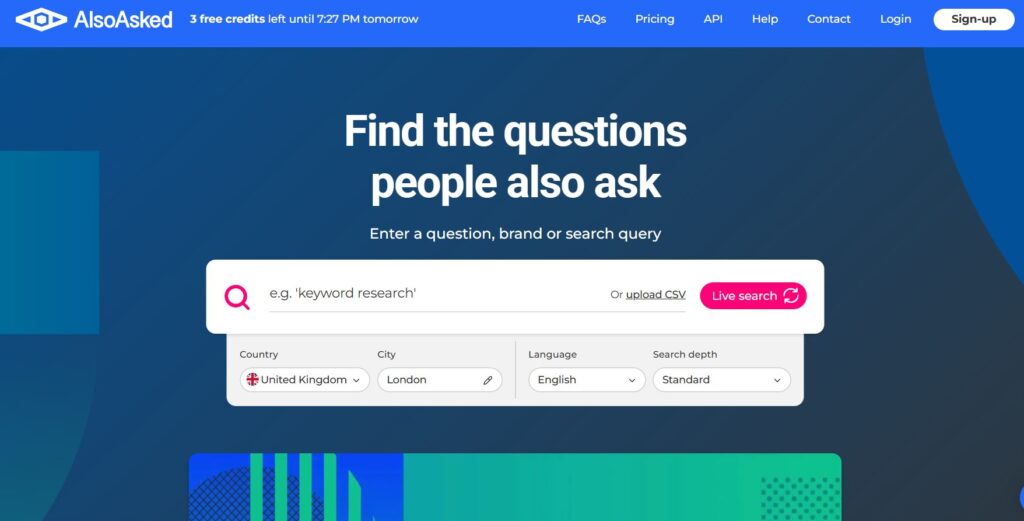
Best For: Content creators and marketers who want to understand the question sequences users follow during their search journey.
AlsoAsked specializes in visualizing Google’s “People Also Ask” data through intuitive question trees. It shows how questions branch out from each other, helping you understand the complete question journey your audience takes.
Key Features:
- Visual question trees showing PAA relationships
- Real-time PAA data scraping
- Multiple language support
- Export capabilities for research data
- Search depth customization
- Historical PAA tracking
Pricing: AlsoAsked offers various pricing tiers based on search volume and features.
Pros: Unique visualization approach, focused specifically on PAA data, easy to understand question relationships.
Cons: Limited to Google PAA data only, doesn’t include search volume or intent data, narrower scope than full SEO tools like Ubersuggest.
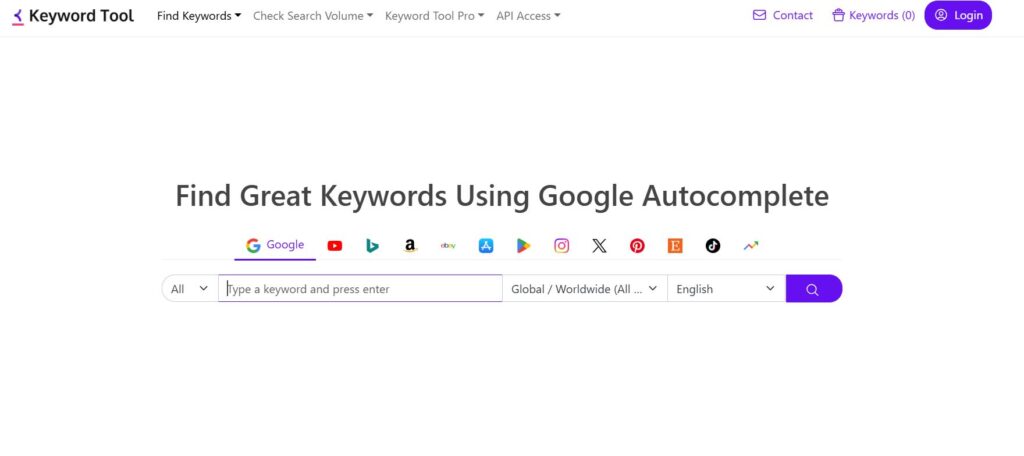
Best For: Multi-platform content creators, e-commerce marketers, and YouTube content creators.
KeywordTool.io distinguishes itself by providing keyword suggestions from multiple platforms including Google, YouTube, Amazon, Bing, and App Store, making it particularly valuable for multi-platform content strategies beyond Ubersuggest’s primarily Google-focused approach.
Key Features:
- Multi-platform keyword research (Google, YouTube, Amazon, etc.)
- Autocomplete-based keyword suggestions
- Long-tail keyword focus with question formats
- Language and location targeting
- Negative keyword identification
- Basic search volume data (paid plans)
Pricing: KeywordTool.io offers a free basic version with limited results, while paid plans start at $89/month for Pro and $179/month for Pro Plus.
Pros: Multi-platform coverage, focus on long-tail keywords, simple interface, decent free tier.
Cons: Limited search volume data on free plan, fewer advanced features than Ubersuggest, higher pricing for full functionality.
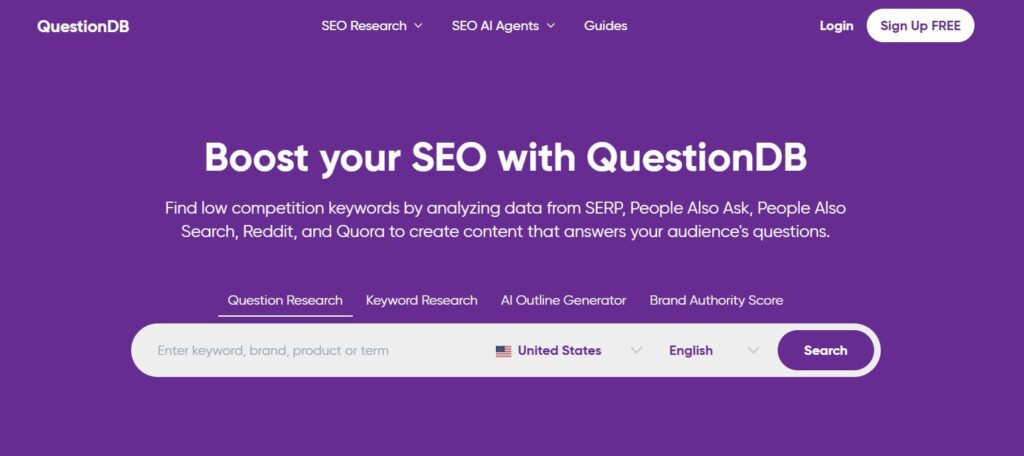
Best For: Multi-platform content creators, e-commerce marketers, and YouTube content creators.
KeywordTool.io distinguishes itself by providing keyword suggestions from multiple platforms including Google, YouTube, Amazon, Bing, and App Store, making it particularly valuable for multi-platform content strategies beyond Ubersuggest’s primarily Google-focused approach.
Key Features:
- Multi-platform keyword research (Google, YouTube, Amazon, etc.)
- Autocomplete-based keyword suggestions
- Long-tail keyword focus with question formats
- Language and location targeting
- Negative keyword identification
- Basic search volume data (paid plans)
Pricing: KeywordTool.io offers a free basic version with limited results, while paid plans start at $89/month for Pro and $179/month for Pro Plus.
Pros: Multi-platform coverage, focus on long-tail keywords, simple interface, decent free tier.
Cons: Limited search volume data on free plan, fewer advanced features than Ubersuggest, higher pricing for full functionality.


